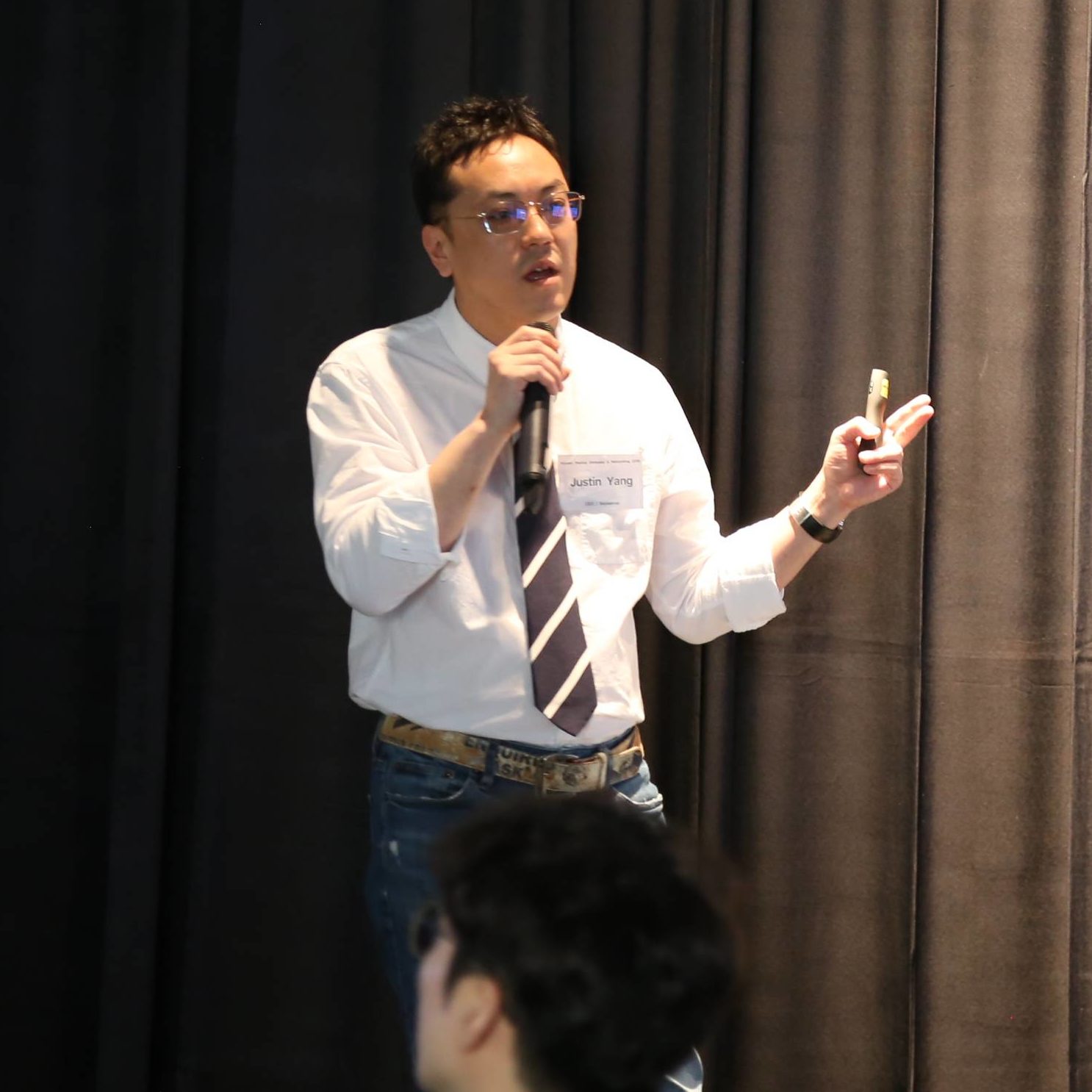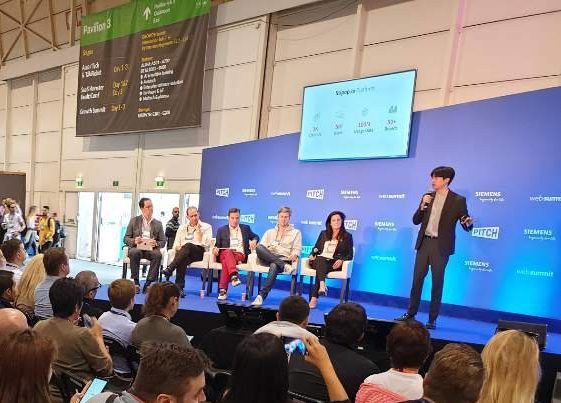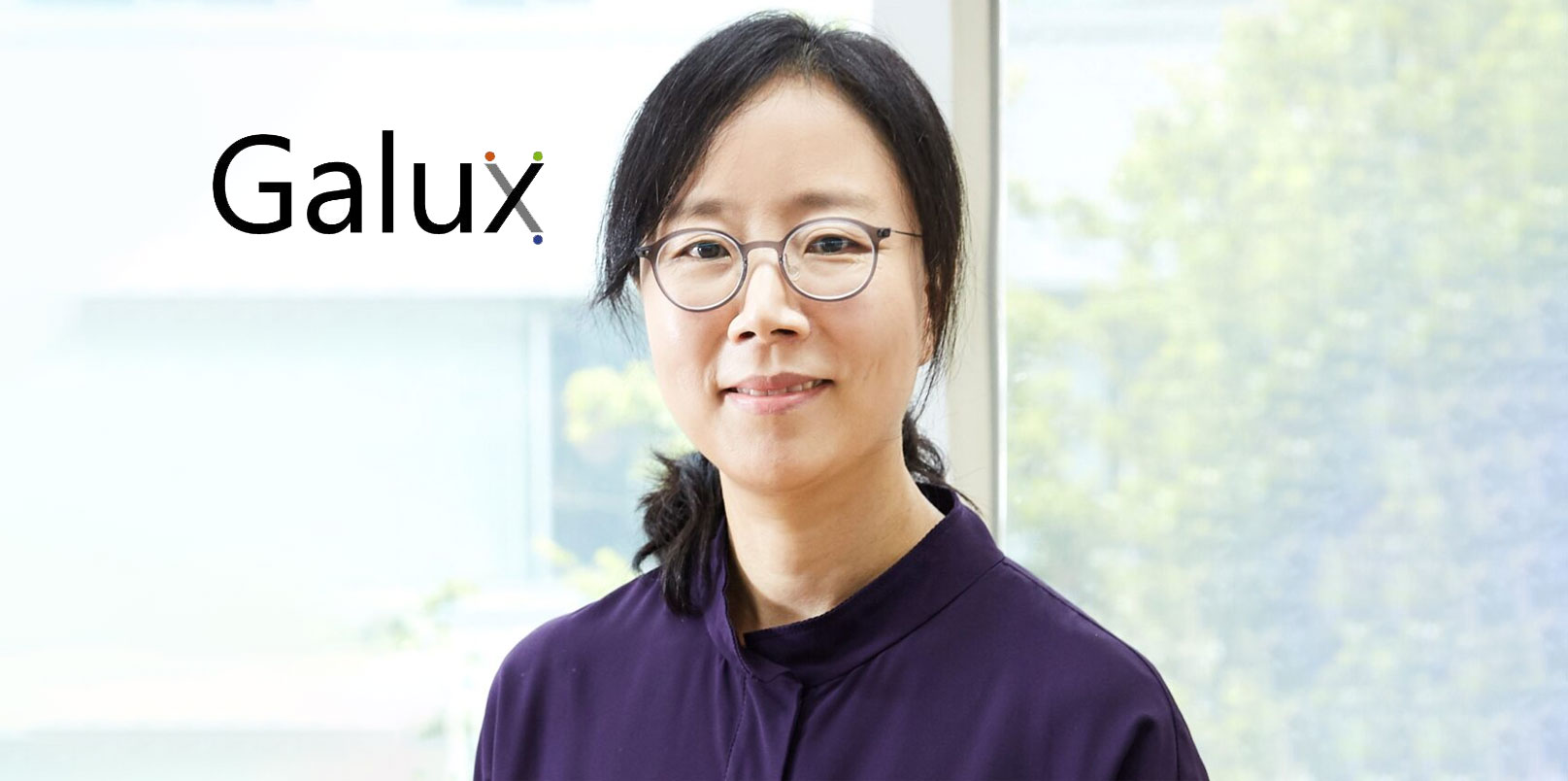The Co-founder of the Korean tech startup Jaejoon Kim always wanted to be part of a business where entertainment and global outreach are involved. He started his journey as an intern with the entertainment industry and eventually got inspired to develop a product that will revolutionize the fun conversations on mobile phones. Kim’s company Jjalkey has the largest user-generated database of memes and its app Veam is making conversations with anyone fun and easier with simple airdrop messaging option.
In an interview with koreatechdesk.com Jaejoon Kim shares his thoughts about making a ‘Korean Giphy.’
1. Please tell us about your personal background and what you are working on?
Currently, I am an undergrad student. I started this company in September 2017. The first time I went into the startup industry was when I was an intern in a startup, it was a music startup company called Buzzmusiq funded by Future play, Tips. I was actually the first employee, so I had a lot of experience as the company grew. I saw how the company grew – when we received seed funding and other funds, I also got to experience the first curve of a startup which gave me a head start and experience, which I couldn’t have got if I was a normal student. I was a product designer there and I actually made a lot of UX/UI mockups, which were developed into actual products.
What we are actually making is the Korean version of Giphy. We are making a new product right now, so we were trying to utilize the database we have gathered in the last 2 years. We are trying to make a new app, Veam, which is yet to launch. It’s actually an airdrop facility that lets you chat with random strangers in your immediate vicinity.
2. What motivated you to start?
I actually had two potential career paths I thought of as I graduated from high school. One was video production. I was really interested in movies and music videos and the whole production industry. I was actually a movie director in high school, I made movies and videos. I directed a movie that got accepted into multiple film festivals in Seoul. As I moved to college, I delved into that industry first. I used to work as a part-time worker in very famous Korean advertising and music video production companies. That experience taught me a lot of things, but I wanted to try out new things. My second passion from high school and even before was technology. I was a techie kid from elementary school, and I was obsessed with Apple products in my 5th and 6th year. I had a group of friends who used to play with high-end technology products like the iPhone and iPod touch so I was one of the 5 kids with a first-generation iPod Touch and we tried a lot of apps that were not available at the time. So naturally after I delved into the production side, I wanted to try out the software and development and startup scene and I got really interested. I tried to learn how computer development works, how programming works. The passion really started while I was in the startup as an intern. I was talking to my junior on Kakaotalk, we were really obsessed with Korean memes and that kind of clicked why were we not using jjalbang as we were using in middle school.
During all these years, visual communication has developed a lot. There were text emojis and then visual emojis and the Kakaotalk emoticons but jjalbang never took off; it never developed into an easing way so I thought there must be a solution to this. I Googled and discovered a company called Giphy was doing innovative stuff in sharing memes and making a database of that in the US market. So I thought I was the perfect person to do that in Korea and I decided to pursue that market that after my internship.
3. Please tell us how you got the co-founding team together.
Our co-founding team consists of 3 persons. We didn’t know each other from school but from when I was an intern. Startups funded by Naver are clustered on a campus. Right next to our company was another startup called Keukey. I got close to the CTO and CFO of Keukey and told them what I wanted to do. They referred me to one of their ex-employees. I gave him the contract work and then he introduced me to another person who worked in Keukey, he was a friend from college. I gave him contract work. Later we made the product and we got accepted in a competition. Later we decided to make the product and start this corporation with the three of us.
4. Why does Keukey not copy your idea?
Keukey is into AI keyboards so they do different work. They weren’t really interested in jjalbang. In fact, they are no longer there. They have started another company called Smoothie. I am an advisor and shareholder.
5. How have you attracted your users and how has your product grown?
We were really lucky in that aspect as there was no keyboard solution to sending jjalbang in Korea. We spent little marketing money, it was mostly word of mouth through Twitter, Snapchat. etc. We also got really lucky as we got featured by Apple in the first month.
6. What is your business model and how have you grown your revenue?
We don’t have revenue as of now. We are making a new product and are trying to scale this so it has a bigger audience before we can think of revenue or what kind of revenue model would fit best. It is kind of a blank paper right now.
7. After you founded the company, what were the biggest challenges you faced?
As you might know, everything after starting a company is a big hassle, it’s very difficult. So sometimes a very big problem feels like it will kill the company. The most difficult part of this was mostly to do with people although the co-founders are very talented and good people, it actually took us some time to kind of understand each other and get on the same page and become an effective team because we didn’t really know each other. So, the team-building part where we had to understand how the other person works, that was the hardest part.
8. How much money have you raised and when was the recent funding round?
Apart from the government funding, we had our first round from Angel. It came in about a month after we incorporated and was from our mentor. At that time, he was a Future Play partner and he thought we were a great team so he mentored us so he committed the first money which was $20k. Our most recent funding was from Strong ventures in August.
9. What are the biggest challenges in fundraising according to you?
Our Angel round was very easy because he was very committed, it all happened really easily. The thing with Strong or any other institutional ones is naturally harder as it’s a long process. The hardest thing was the mental burden of trying to close this and arrange many meetings,etc. The whole process is very difficult for first-time startups.
10. How would you do things differently now regarding fundraising?
Actually I would do nothing differently as I think I made the right choices. I see nothing I would have changed but if I had to do things a second time, I would be more prepared mentally
11. What’s your milestone for the next funding round?
It would be getting a million users per month as fast as possible. That would be ideal. Also, the rapid growth of the company.
12. What advice do you have for others doing the same thing? For students or others starting their own ventures?
The best advice is you have got to have conviction in yourself. Like really strong because you will never be perfect or right all the time and even if things don’t go as planned and you are having a hard time, this conviction will help you carry forward or move forward.






